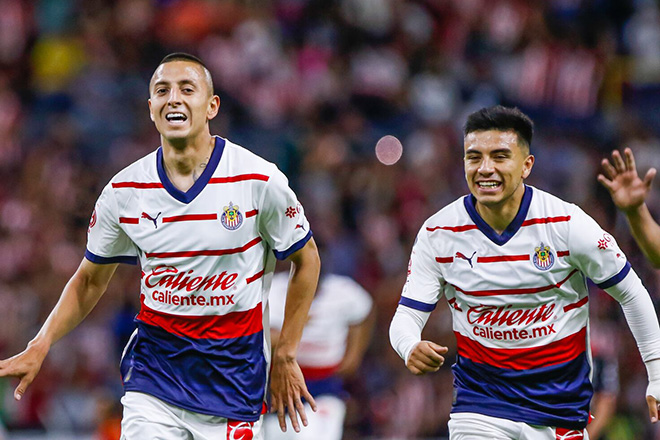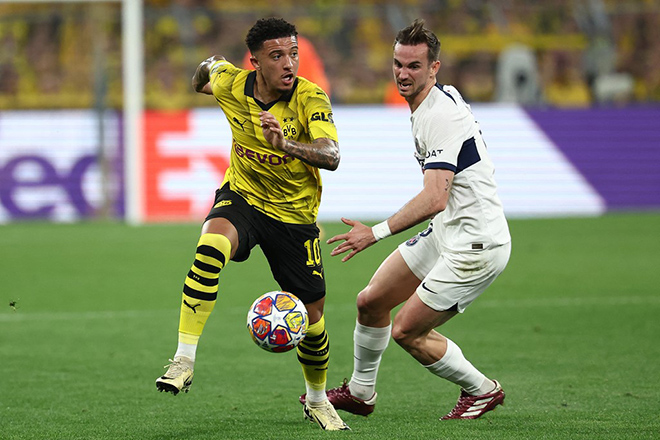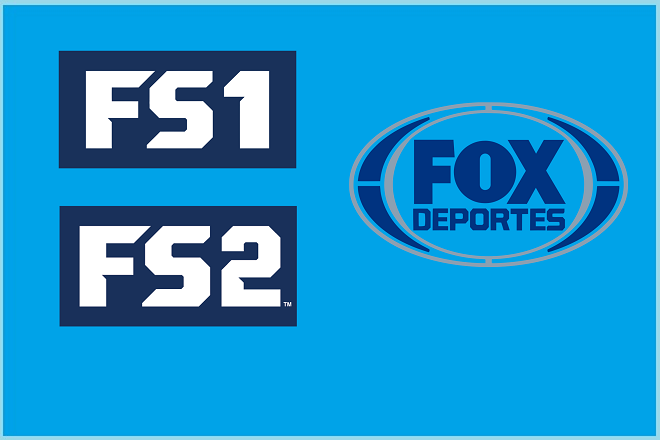Germany kicks off their World Cup qualifying campaign against the Faroe Islands on Friday.
The Faroe Islands wasn’t officially recognized as a football nation until 1988. Thus, all matches played by the national side prior to 1988 are concerned unofficial. In 88, the nation joined FIFA. As late as 1990, UEFA recognized them as a European football nation. A large number of the squad plies their trade at home. Only one player plays in the top five European leagues- their keeper Gunnar Nielsen in England for Manchester City.
As for Germany, the youth revolution continues. The core remains the same as that of the squad in Euro 2012 with one huge exception: Bastian Schweinsteiger. Schweinsteiger has been gradually working himself back into matches for Bayern. He confessed to being tired recently. He did start against Stuttgart and perform admirably in a 6-1 victory for FCB nonetheless.
One of the reasons that Joachim Löw decided to leave Bastian out was certainly because he feels that the midfielder needs more time to recover from a horrendous 2012. He knows perhaps that the squad has too much brilliance collectively to even require the Bayern midfielder’s assistance.
However, for Germany, these qualifiers will kick-start another revolution. 2014 must be perfect; it must yield silver. Löw knows that for the first time in six years he is not perfectly safe in his job. He himself feels that things must change ahead of the big show in Brazil. This is what he had to say:
“We will have to completely change our tactics – which used to be, 'if we have the ball we are active, if not we drop.’ Our aim in the next months will be to play a high pressing game, even against attacking sides.”
As far as alterations to the squad are concerned, Philipp Lahm returns once again to captain the side. Per Mertesacker and Lukas Podolski are also called back from England. Mario Gomez is not part of the squad due to an ankle injury, leaving the 34 year old veteran Miroslav Klose as the only ‘proper’ striker in the squad. Manuel Neuer also returns in goal.
Germany’s last performance was a 3-1 defeat to Argentina. While Argentina played well, Germany managed to salvage some pride despite playing with ten men for more than an hour. One problem with Germany in that match was the poor conversion rate. This wasn’t a problem in Euro 2012 until they came undone against Italy.
Löw must start focusing on one huge problem now: a second full-back. Lars Bender performed well enough in the Euros against Denmark to show that he can be a long term option. Marcel Schmelzer, despite his successes with Dortmund, has not shown that he can perform as well as Lahm on the opposite flank.
This match and this campaign provide Löw with numerous opportunities to prepare a great team ahead of World Cup 2014. He has the players to produce exactly that team. In defence of Löw, in 2008, he went to the Euros with an average side and brought home runner-up medals. In 2010, his young revolutionaries brought bronze. However, in 2012, a cup should have arrived with the team.
As far as selection is concerned, expect a central defensive partnership of Holger Badstuber and Mats Hummels. In defensive midfield, Toni Kroos and Sami Khedira will form a dynamic partnership. Marco Reus and Thomas Müller are both set for starting berths in attacking midfield as is Mesut Özil.
Lukas Podolski could also be handed a starting berth ahead of Müller, Özil and Reus considering his recent performances for Arsenal. Klose should in all likelihood be the front man.
Despite the problems that Germany currently faces, all the opponents in Group C should be aware that Germany cannot wait to get started. Löw also had this to say:
“We are all looking forward to it beginning. Obviously we want to start with two victories in Hanover and Vienna, and carry that momentum with us for the rest of the year.”
As for Germany, the youth revolution continues. The core remains the same as that of the squad in Euro 2012 with one huge exception: Bastian Schweinsteiger. Schweinsteiger has been gradually working himself back into matches for Bayern. He confessed to being tired recently. He did start against Stuttgart and perform admirably in a 6-1 victory for FCB nonetheless.
One of the reasons that Joachim Löw decided to leave Bastian out was certainly because he feels that the midfielder needs more time to recover from a horrendous 2012. He knows perhaps that the squad has too much brilliance collectively to even require the Bayern midfielder’s assistance.
However, for Germany, these qualifiers will kick-start another revolution. 2014 must be perfect; it must yield silver. Löw knows that for the first time in six years he is not perfectly safe in his job. He himself feels that things must change ahead of the big show in Brazil. This is what he had to say:
“We will have to completely change our tactics – which used to be, 'if we have the ball we are active, if not we drop.’ Our aim in the next months will be to play a high pressing game, even against attacking sides.”
As far as alterations to the squad are concerned, Philipp Lahm returns once again to captain the side. Per Mertesacker and Lukas Podolski are also called back from England. Mario Gomez is not part of the squad due to an ankle injury, leaving the 34 year old veteran Miroslav Klose as the only ‘proper’ striker in the squad. Manuel Neuer also returns in goal.
Germany’s last performance was a 3-1 defeat to Argentina. While Argentina played well, Germany managed to salvage some pride despite playing with ten men for more than an hour. One problem with Germany in that match was the poor conversion rate. This wasn’t a problem in Euro 2012 until they came undone against Italy.
Löw must start focusing on one huge problem now: a second full-back. Lars Bender performed well enough in the Euros against Denmark to show that he can be a long term option. Marcel Schmelzer, despite his successes with Dortmund, has not shown that he can perform as well as Lahm on the opposite flank.
This match and this campaign provide Löw with numerous opportunities to prepare a great team ahead of World Cup 2014. He has the players to produce exactly that team. In defence of Löw, in 2008, he went to the Euros with an average side and brought home runner-up medals. In 2010, his young revolutionaries brought bronze. However, in 2012, a cup should have arrived with the team.
As far as selection is concerned, expect a central defensive partnership of Holger Badstuber and Mats Hummels. In defensive midfield, Toni Kroos and Sami Khedira will form a dynamic partnership. Marco Reus and Thomas Müller are both set for starting berths in attacking midfield as is Mesut Özil.
Lukas Podolski could also be handed a starting berth ahead of Müller, Özil and Reus considering his recent performances for Arsenal. Klose should in all likelihood be the front man.
Despite the problems that Germany currently faces, all the opponents in Group C should be aware that Germany cannot wait to get started. Löw also had this to say:
“We are all looking forward to it beginning. Obviously we want to start with two victories in Hanover and Vienna, and carry that momentum with us for the rest of the year.”




























